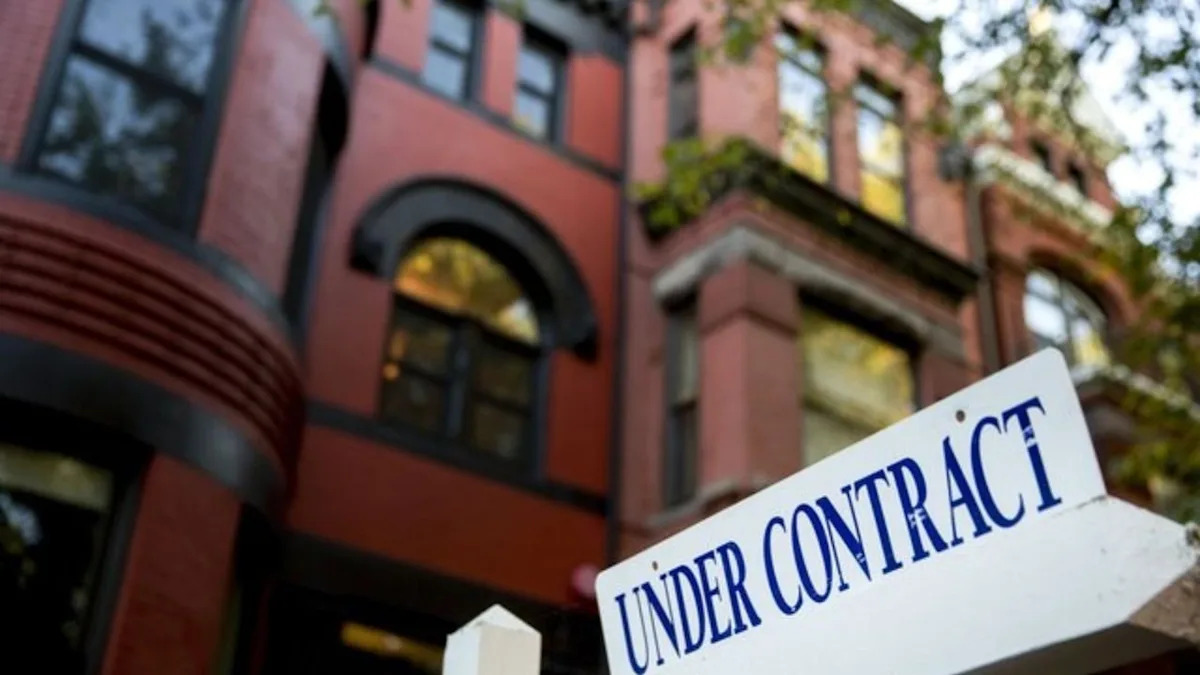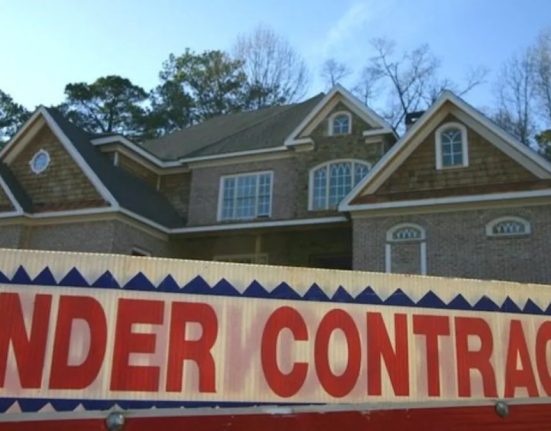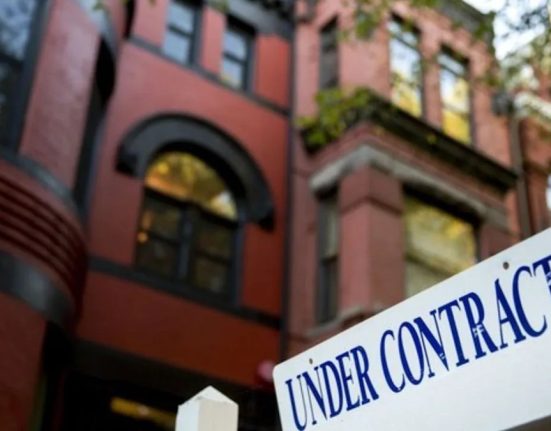Home loan applications ticked up slightly to 0.8% for the week ending July 18, according Mortgage Bankers Association (MBA). The slight increase comes after applications decreased 10% the week prior.
Any movement in a positive direction is good news after mortgage interest rates continued to climb. The average interest rate on a 30-year fixed rate mortgage is 6.72%, according to Freddie Mac.
The Market Composite Index, a measure of mortgage loan application volume, increased 0.8% on a seasonally adjusted basis from one week earlier. On an unadjusted basis, the Index increased 1% compared with the previous week.
The refinance index decreased 3% from the previous week and was 22% higher than the same week one year ago.
The seasonally adjusted Purchase Index increased 3% from one week earlier. The unadjusted purchase index increased 4% compared with the previous week and was 22% higher than the same week one year ago.
Homeowners opting to refinance decreased to 39.6% of total applications from 41.1% the previous week. The adjustable-rate mortgage (ARM) share of activity increased to 7.2% of total applications.
FHA (Federal Housing Administration) applications decreased to 18.7% from 19.0% the week prior. VA loan applications remained unchanged at 12.6% from the week prior. USDA loan applications increased to 0.6% from 0.5% the week prior.
“The 30-year fixed mortgage rate edged higher last week to its highest level in four weeks at 6.84 percent, while rates for other loan types were mixed,” said Joel Kan, MBA’s Vice President and Deputy Chief Economist. “Purchase applications finished the week higher, driven by conventional purchase loans, and continue to run ahead of last year’s pace.”

(Getty Images)
Contract rates
The average contract interest rate for 30-year fixed-rate mortgages with conforming loan balances ($806,500 or less) increased to 6.84% from 6.82%, with points remaining unchanged at 0.62 (including the origination fee) for 80% loan-to-value ratio (LTV) loans. The effective rate increased from last week.
The average contract interest rate for 30-year fixed-rate mortgages with jumbo loan balances (greater than $806,500) remained unchanged at 6.75%, with points increasing to 0.70 from 0.66 (including the origination fee) for 80% LTV loans. The effective rate increased from last week.
For 30-year fixed rate mortgages backed by the FHA, the average contract interest rate also remained unchanged at 6.52%, with points decreasing to 0.79 from 0.86 (including the origination fee) for 80% LTV loans. The effective rate decreased from last week.
The average contract interest rate for 15-year fixed-rate mortgages decreased to 6.14% from 6.16%, with points increasing to 0.69 from 0.63 (including the origination fee) for 80% LTV loans. The effective rate remained unchanged from last week.
For 5/1 ARMs, the average contract interest rate decreased to 6.01% from 6.08%, with points decreasing to 0.28 from 0.45 (including the origination fee) for 80% LTV loans. The effective rate decreased from last week.
“After reaching $460,000 in March 2025, the purchase loan amount has fallen to its lowest level since January 2025 to $426,700,” says Kan. “With the 30-year fixed rate still too high to benefit many borrowers, refinance applications were down almost three percent for the week.”
Mortgage rates calculated
Mortgage rates are calculated by various factors in the economy, and the length of your loan will also figure into the mortgage rate you qualify for.
The 30-year mortgage rate is tied to the yield of the 10-year Treasury note, according to Fannie Mae. As the yield on the 10-year Treasury note moves, mortgage rates follow.
The yield on the 10-year Treasury note is determined by expectations for shorter-term interest rates in the economy over the duration of a bond, plus a term premium.







